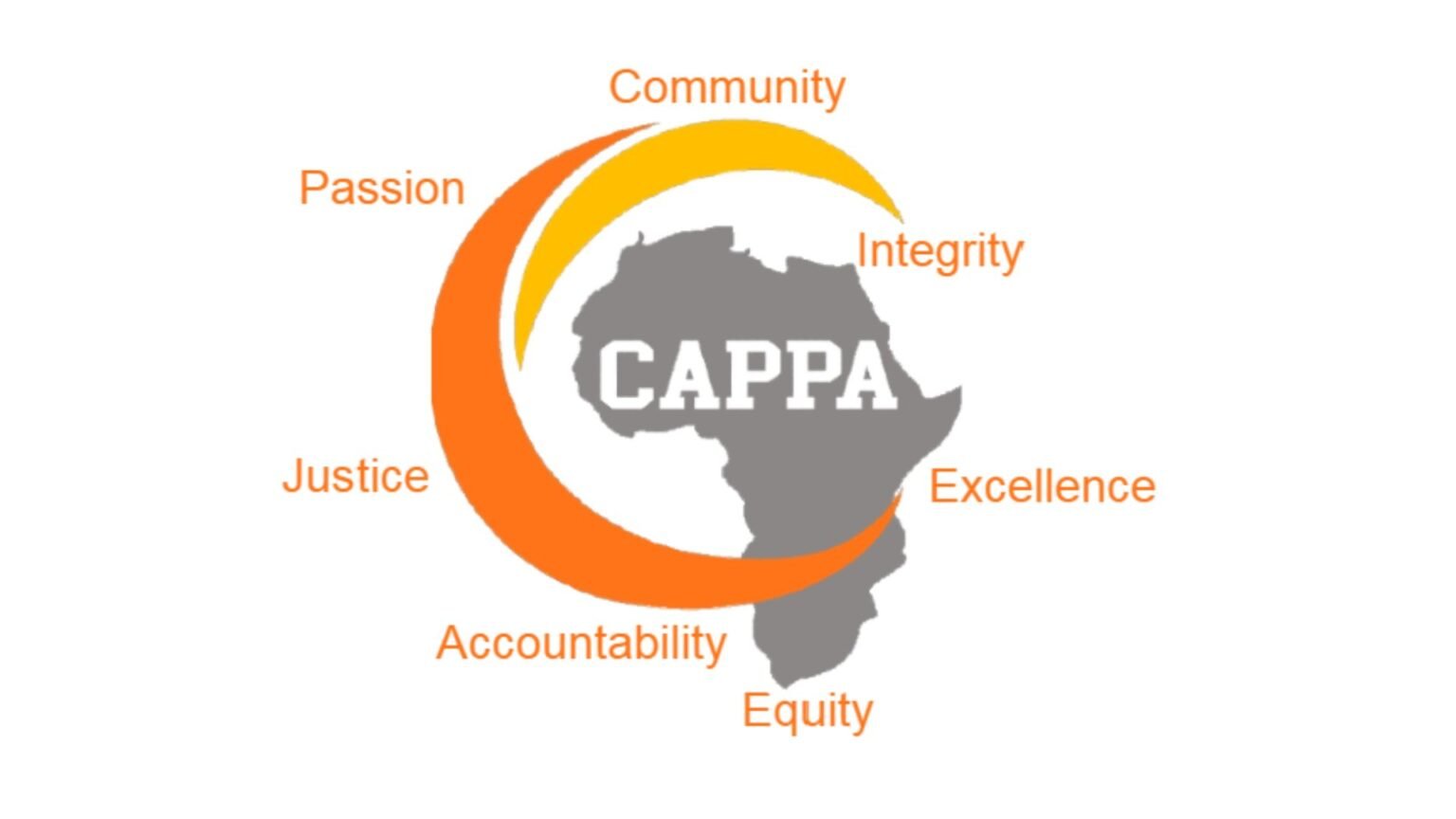Nigeria is losing over N200 billion annually due to poor implementation of its Sugar-Sweetened Beverage (SSB) tax, the Corporate Accountability and Public Participation Africa (CAPPA) has said, warning of the growing public health and economic toll of non-communicable diseases (NCDs) driven by unhealthy diets.
At a media roundtable in Abuja on Tuesday, CAPPA Executive Director Akinbode Oluwafemi stated that the unrealised revenue could fund essential public services, including the Basic Healthcare Provision Fund, the National Health Insurance Authority, and school feeding programmes.
“This is a public health crisis. Sugar-sweetened beverages are killing us slowly. Our hospitals are overwhelmed, and our streets are turning into graveyards,” Mr Oluwafemi said.
He urged the federal government to raise the SSB tax from N10 per litre to at least N130 per litre. Mr Oluwafemi stated that the current tax, introduced in 2021, has had a minimal impact on consumption patterns or retail prices.
A 33cl bottle of soda, now selling for over N300, only attracts N3.33 in tax, just about one per cent of the cost. By contrast, the World Health Organization (WHO) recommends that health taxes raise prices by 20–50 percent to significantly influence behaviour.

“Nigeria’s current SSB tax is far too low to have any meaningful health impact,” Mr Oluwafemi said.
He criticised the beverage industry for mischaracterising the tax as a “sugar tax,” arguing that it specifically targets sugar-sweetened drinks—the leading source of added sugar in diets.
The Executive Director also raised concerns about Nigeria becoming a dumping ground for low-quality sugary drinks, pointing to foreign products with questionable safety standards found at the 2025 Food and Beverage West Africa Exhibition in Lagos.
To strengthen the tax’s impact, he proposed raising the SSB tax to at least N130/litre, earmarking tax revenue for health and nutrition programmes, and introducing mandatory front-of-pack nutrition labelling.
Others are to ensure annual reporting by tax and regulatory agencies, prevent industry interference in public health policymaking, and invest in agroecology and food security for healthier alternatives.
“Any business model that profits from illness is morally bankrupt,” Mr Oluwafemi said. “Public health must not be sacrificed for industrial gains.”
Background
CAPPA had reported that Nigeria could generate up to N729 billion annually if the federal government increases the SSB tax to N130 per litre.
Fidelis Obaniyi, a research associate at the Centre for the Study of the Economics of Africa (CSEA), said during a presentation titled “SSBs and Economic Impact on Households: Cost of Diseases and Effective Taxation”, that the country also loses N78.8 billion yearly to informal care for people suffering from SSB-related illnesses.
Mr Obaniyi noted that the direct treatment costs of SSB-induced diseases reach N493.3 billion annually, accounting for 0.36 percent of Nigeria’s Gross Domestic Product (GDP).
“Raising the SSB tax could serve dual purposes—generating revenue and reducing the economic strain on households and the health system,” he said.
Meanwhile, Mr Oluwafemi warned that excessive consumption of SSBs not only threatens individual health but also undermines national well-being. He noted that non-communicable diseases now account for nearly 30 percent of annual deaths in Nigeria, many of them driven by high sugar consumption.
“The high rates of obesity, diabetes, hypertension, and cardiovascular diseases highlight a national health emergency,” he said, adding that over 11 million Nigerians now live with diabetes.
Rising NCD burden amid experts’ warning
Speaking at the event, a public health expert, Joseph Ekiyor, also warned that diet-related NCDs—such as diabetes, hypertension, obesity, cancer, and cardiovascular diseases—are surging in Nigeria.
“In 2021 alone, NCDs caused 43 million deaths globally, 73 percent of them in low- and middle-income countries, including Nigeria,” Mr Ekiyor said.
According to WHO data, NCDs now account for 29 per cent of all deaths in Nigeria. One in five Nigerians faces a 20 per cent risk of premature death—before age 70—from these mostly preventable conditions.
He attributed the trend to highly processed diets rich in sugar, fat, and salt—often marketed to children and low-income communities—and declining physical activity in urban settings.
“Children’s food preferences are being shaped by aggressive advertising. These patterns are hard to change later in life,” Mr Ekiyor warned.
Global evidence amid industry tactics
A new report from CAPPA titled “Junk on Our Plates” exposes how beverage companies use cultural manipulation, misleading health claims, and aggressive marketing to entrench high-sugar products in Nigerian diets. It warns of deceptive advertising tactics similar to those used by the tobacco industry.
READALSO: EDITORIAL: Ending the embarrassing strike of teachers and health workers in Abuja
Meanwhile, the Global Health Advocacy Incubator (GHAI) has released “Sweetened Profits: The Industry’s Playbook to Fight Sweetened Beverage Taxes,” which outlines five key strategies used globally by beverage corporations to resist taxation, including funding misleading research and issuing economic scare tactics.
GHAI’s In-Country Coordinator, Joy Amafah-Isaac, emphasised that SSB taxes have proven effective and economically safe in countries like Mexico, South Africa, Peru, and Chile, with no evidence of job losses or wage reductions.
“We must not allow corporate fear-mongering to block life-saving public health interventions. It is time to put people over profits,” she said.
Health advocates are urging the Nigerian government to resist corporate influence and take decisive action by increasing the SSB tax, enforcing labeling laws, and investing in preventive health.
“A stronger SSB tax will save lives, ease pressure on our fragile health system, and build a healthier, more equitable Nigeria,” Mr Oluwafemi.
Read the full article here


